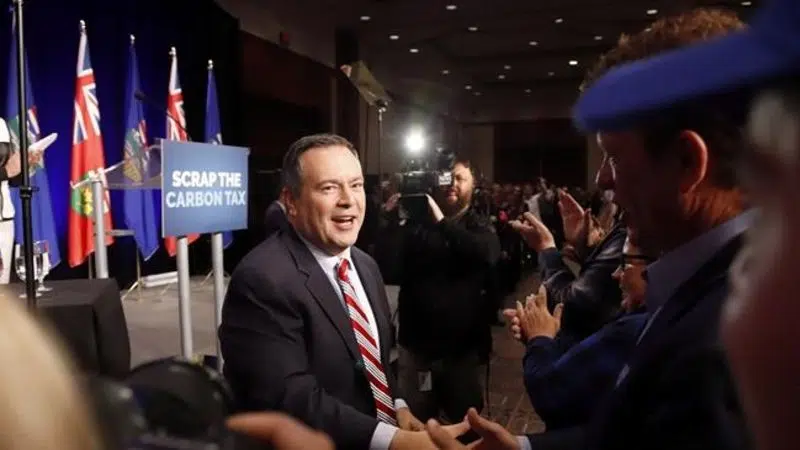
‘You can call anything a national concern:’ Alberta questions federal carbon tax
EDMONTON — Allowing Ottawa’s carbon tax law to stand would give the federal government a tool it could use to repeatedly chip away at provincial powers, lawyers for the Alberta government argued Monday.
“If you uphold this legislation, you’re opening the door to exactly that type of thing,” Peter Gall told a panel of five Alberta Court of Appeal judges.
The federal government justifies the law under a section of the Constitution that allows Ottawa to step in over issues of “national concern.”
Gall argued such issues are rare. Greenhouse gases don’t meet the test, he said, and letting the carbon tax law stand would open the door to allowing Parliament to step in whenever it wanted.

